H.R. 5599: To prohibit the removal of Federal employees during any lapse in discretionary appropriations, and for other purposes.
This bill, known as H.R. 5599, aims to protect Federal employees working in agencies from being fired during a government shutdown caused by a lapse in discretionary appropriations. Here’s a detailed breakdown of its key components:
Prohibition of Removal
The legislation stipulates that:
- Federal employees in an agency experiencing a government shutdown due to a lack of budget appropriations cannot be removed from their civil service positions.
Reinstatement and Back Pay
If an employee is wrongfully terminated during such a shutdown, the following measures are established:
- The employee is entitled to choose to be reinstated once the government resumes operations.
- Upon reinstatement, the employee can receive back pay, which means they are compensated for the time they were not working due to the unlawful termination.
Scope of the Bill
This bill specifically addresses situations involving discretionary appropriations, which typically relates to budgetary funding that Congress can allocate based on its discretion for various federal programs and activities.
Objective of the Bill
The primary intent of H.R. 5599 is to ensure job security and stability for federal employees during periods of government shutdown, thereby preventing sudden job losses that could occur amid budgetary disputes in Congress.
Enforcement
The bill includes provisions to enforce these protections, ensuring that federal agencies comply with the rules set forth regarding the employment status of their workers during a government shutdown.
Summary of Implications
This bill is designed to minimize the impact of government shutdowns on federal employees, aiming to provide them with a level of job protection, and also ensuring they can return to their positions without financial penalty in the case of wrongful dismissal.
Relevant Companies
None found
This is an AI-generated summary of the bill text. There may be mistakes.
Sponsors
74 bill sponsors
-
TrackJohnny Olszewski
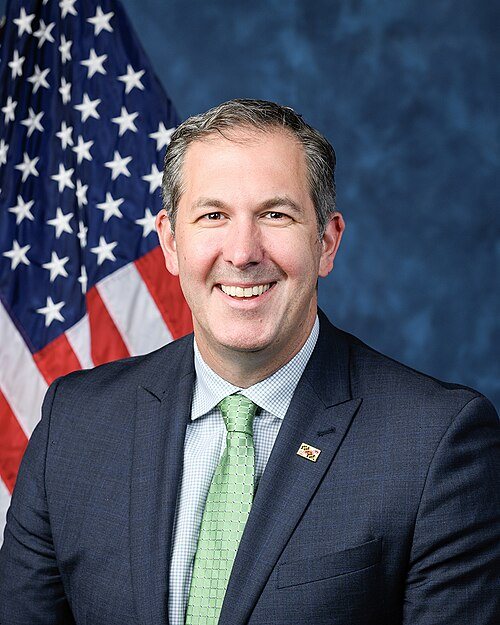
Sponsor
-
TrackAlma S. Adams

Co-Sponsor
-
TrackGabe Amo
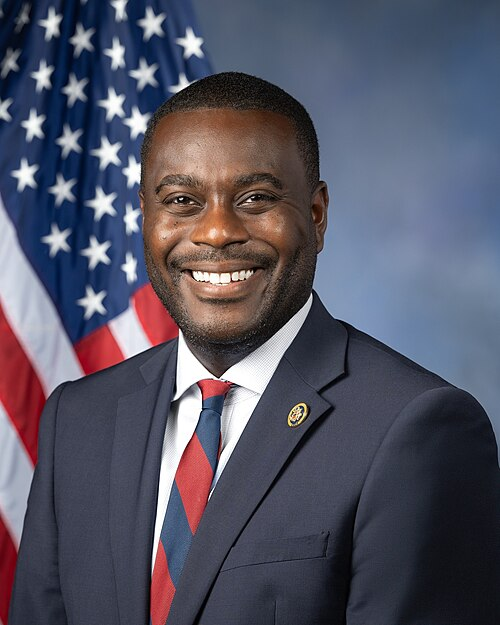
Co-Sponsor
-
TrackYassamin Ansari

Co-Sponsor
-
TrackNanette Diaz Barragán

Co-Sponsor
-
TrackJoyce Beatty
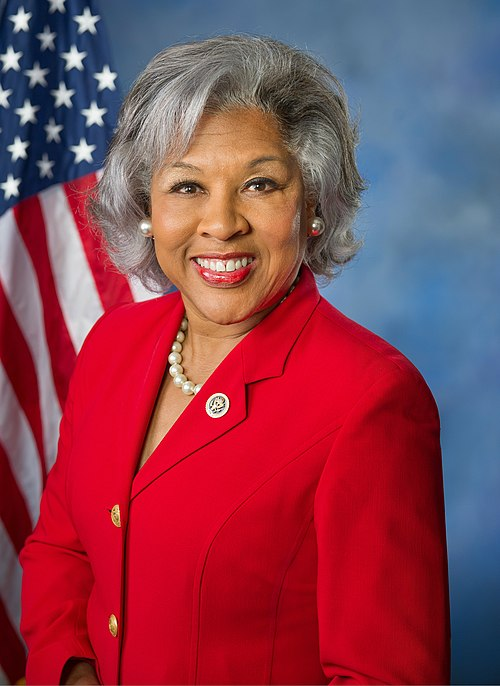
Co-Sponsor
-
TrackWesley Bell
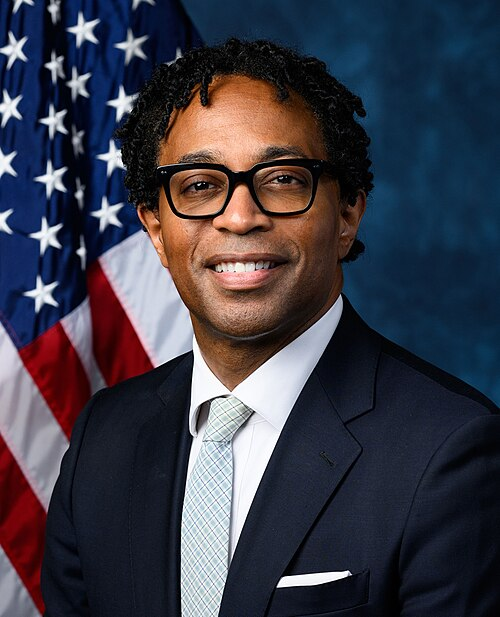
Co-Sponsor
-
TrackAmi Bera
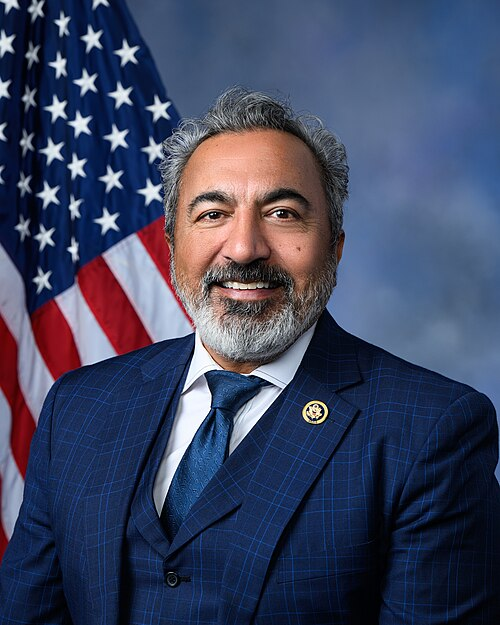
Co-Sponsor
-
TrackShontel M. Brown

Co-Sponsor
-
TrackAndré Carson
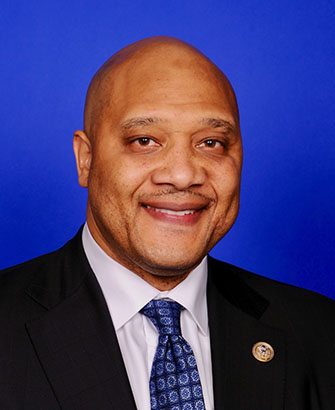
Co-Sponsor
-
TrackJudy Chu
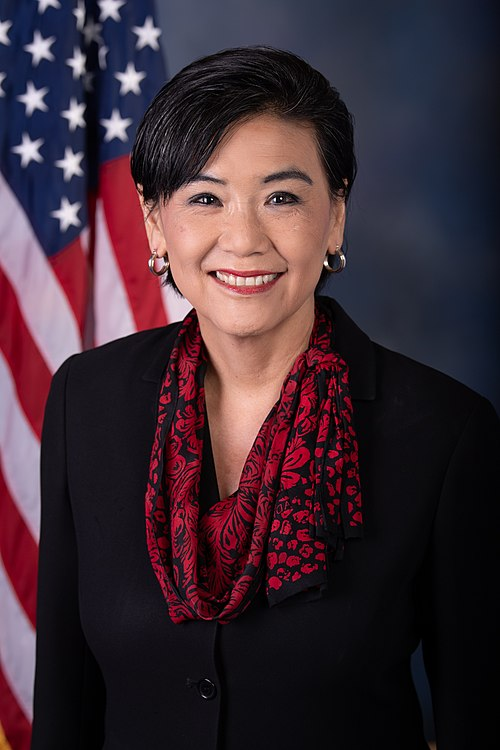
Co-Sponsor
-
TrackGilbert Ray Cisneros, Jr.

Co-Sponsor
-
TrackEmanuel Cleaver

Co-Sponsor
-
TrackAngie Craig

Co-Sponsor
-
TrackJasmine Crockett

Co-Sponsor
-
TrackMadeleine Dean
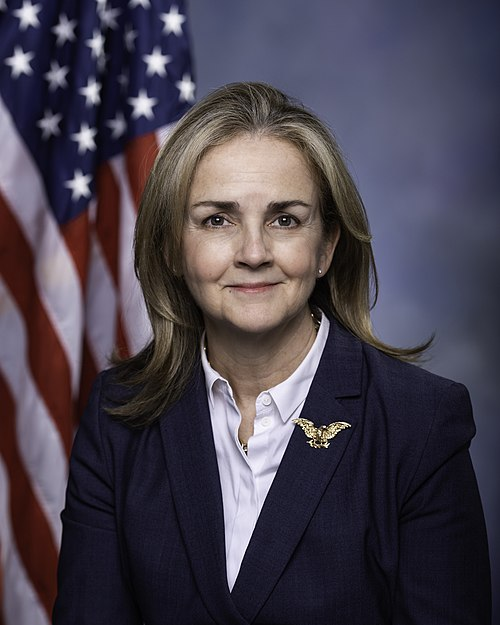
Co-Sponsor
-
TrackMaxine Dexter

Co-Sponsor
-
TrackSarah Elfreth

Co-Sponsor
-
TrackVeronica Escobar
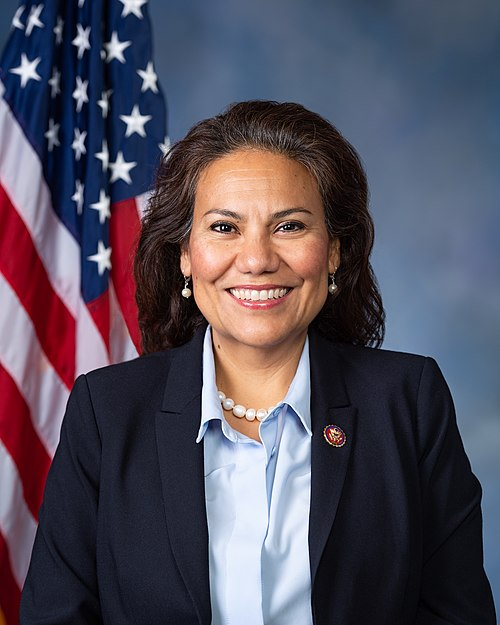
Co-Sponsor
-
TrackDwight Evans

Co-Sponsor
-
TrackLois Frankel
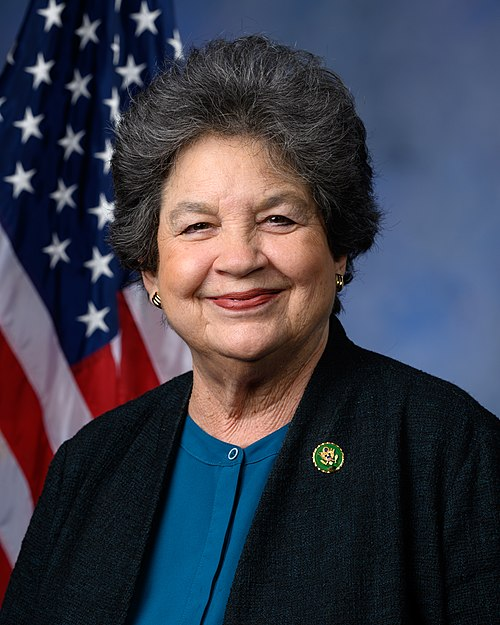
Co-Sponsor
-
TrackLaura Friedman

Co-Sponsor
-
TrackJohn Garamendi

Co-Sponsor
-
TrackRobert Garcia
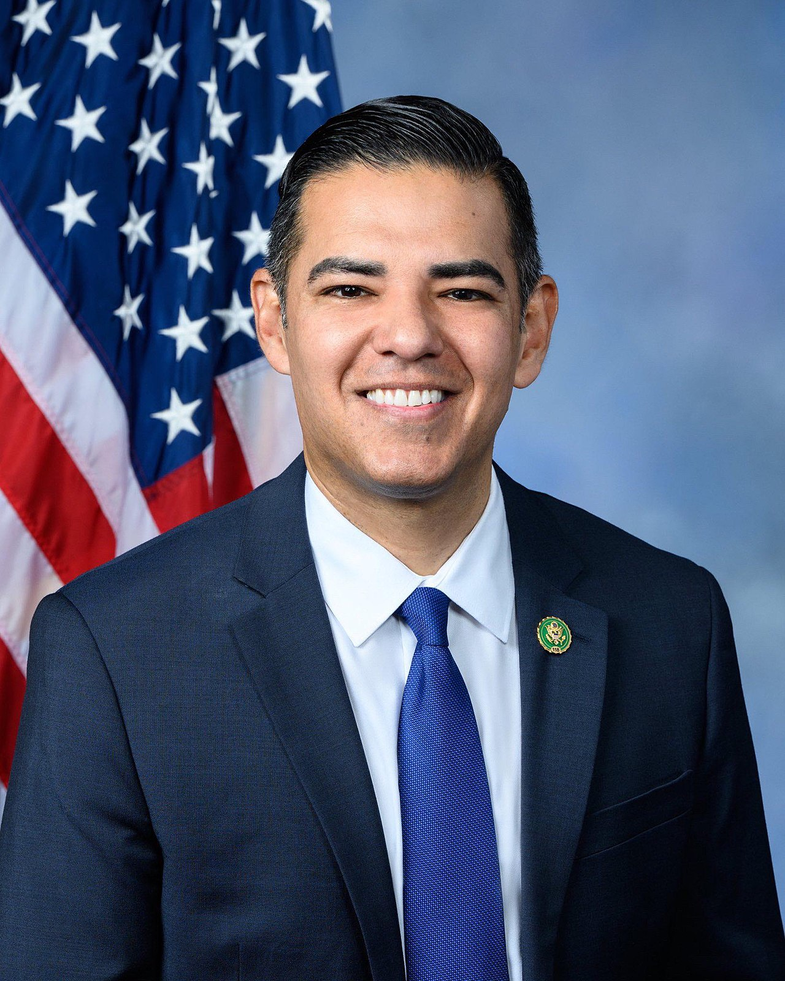
Co-Sponsor
-
TrackJesús G. "Chuy" García
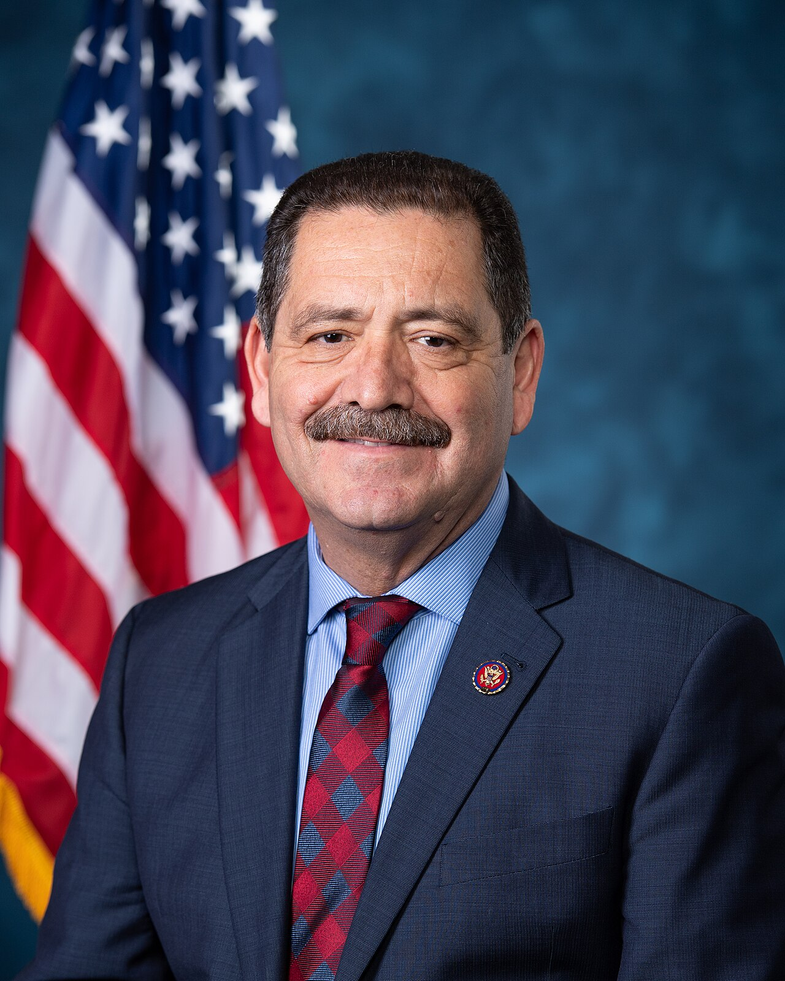
Co-Sponsor
-
TrackDaniel S. Goldman

Co-Sponsor
-
TrackVicente Gonzalez
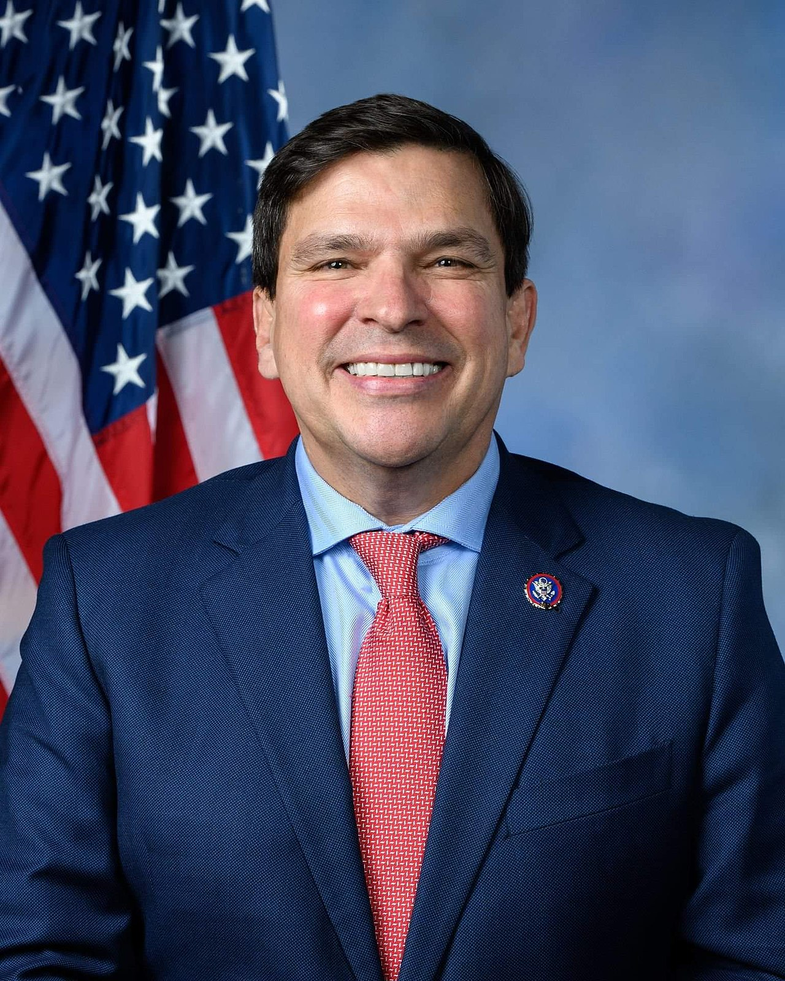
Co-Sponsor
-
TrackJahana Hayes

Co-Sponsor
-
TrackSteven Horsford
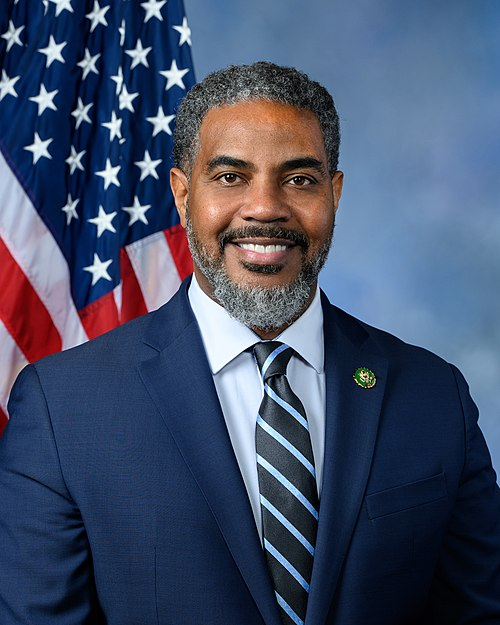
Co-Sponsor
-
TrackSteny H. Hoyer

Co-Sponsor
-
TrackVal T. Hoyle

Co-Sponsor
-
TrackGlenn Ivey
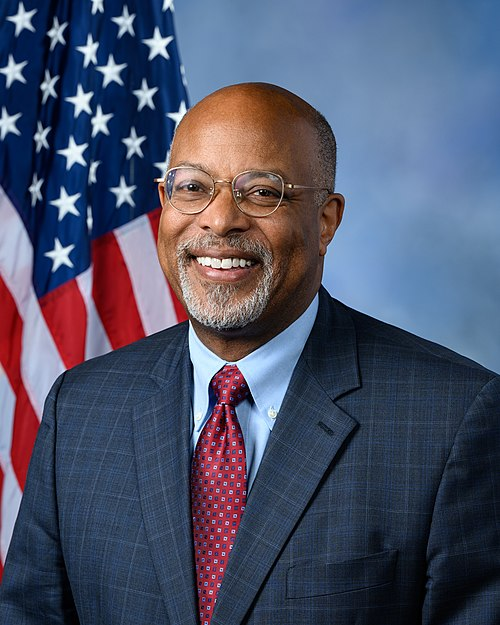
Co-Sponsor
-
TrackJonathan L. Jackson

Co-Sponsor
-
TrackPramila Jayapal

Co-Sponsor
-
TrackTimothy M. Kennedy
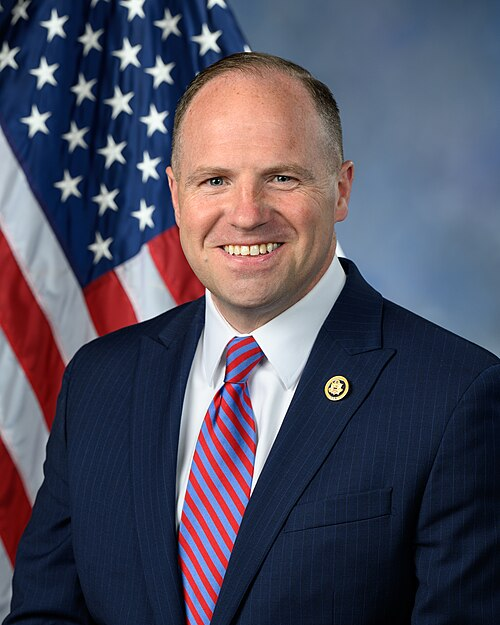
Co-Sponsor
-
TrackGreg Landsman

Co-Sponsor
-
TrackSusie Lee

Co-Sponsor
-
TrackSummer L. Lee

Co-Sponsor
-
TrackTed Lieu
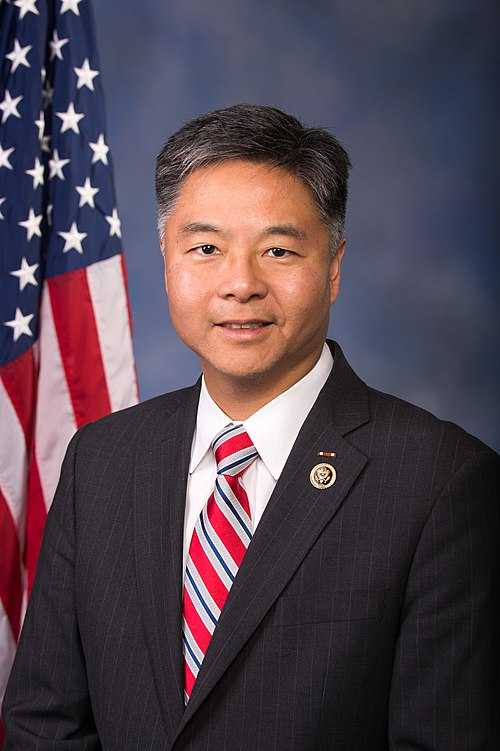
Co-Sponsor
-
TrackStephen F. Lynch
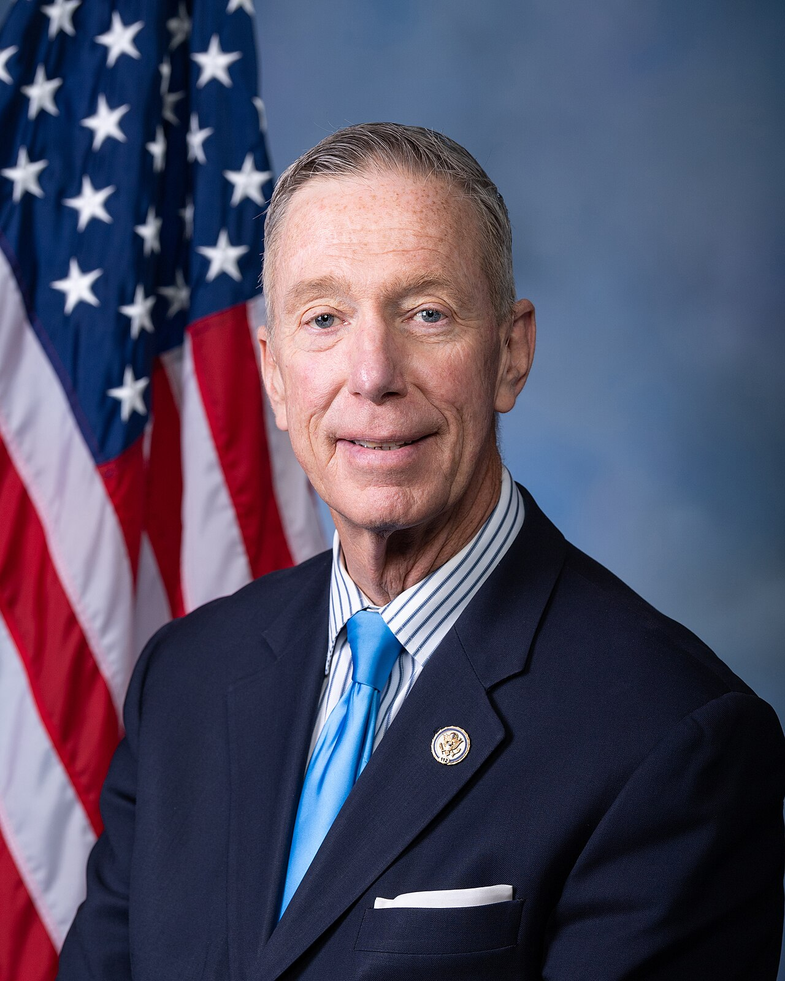
Co-Sponsor
-
TrackApril McClain Delaney
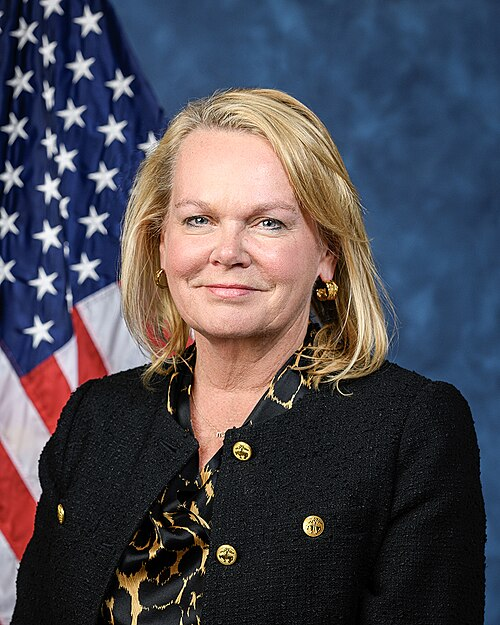
Co-Sponsor
-
TrackBetty McCollum
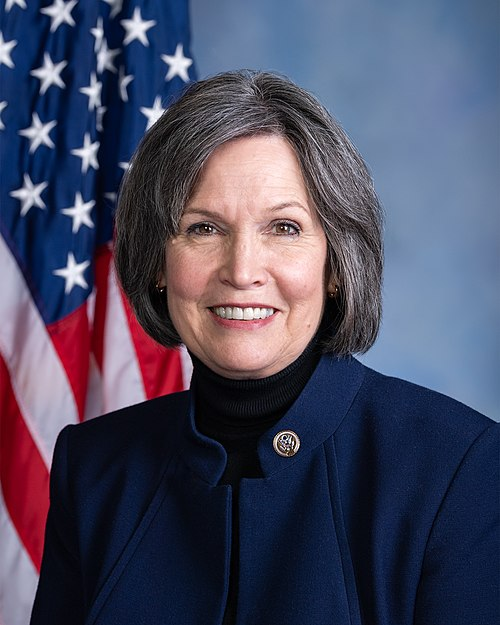
Co-Sponsor
-
TrackJames P. McGovern

Co-Sponsor
-
TrackLaMonica McIver

Co-Sponsor
-
TrackKweisi Mfume
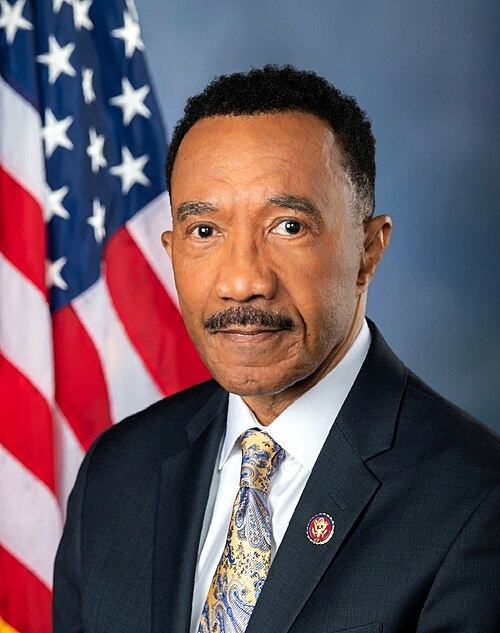
Co-Sponsor
-
TrackSeth Moulton
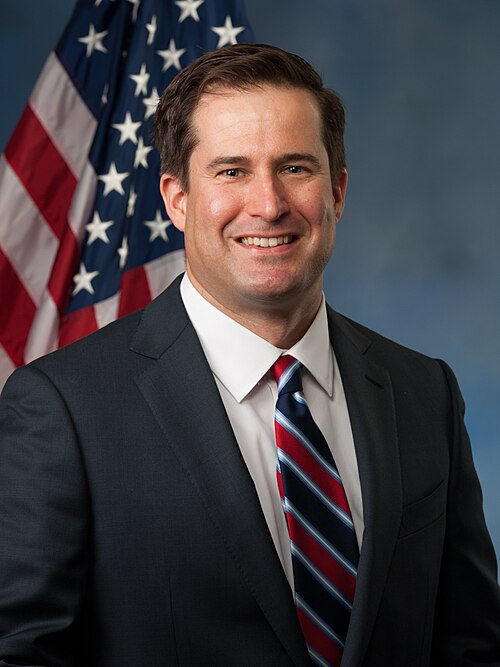
Co-Sponsor
-
TrackFrank J. Mrvan

Co-Sponsor
-
TrackJerrold Nadler
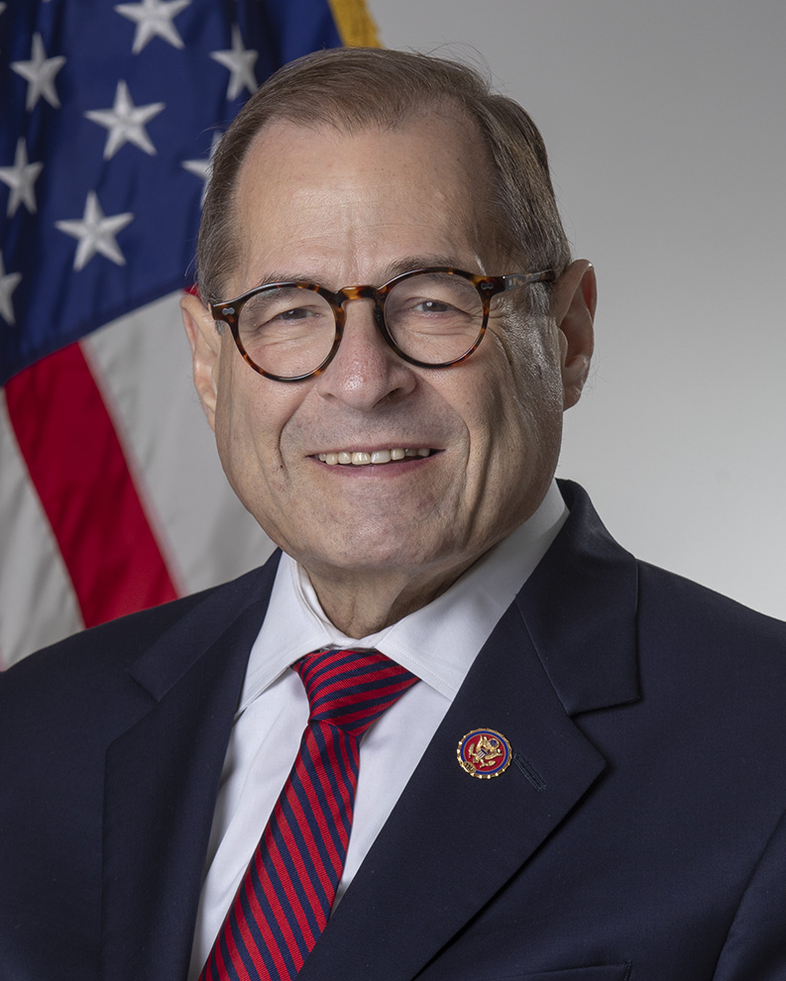
Co-Sponsor
-
TrackDonald Norcross
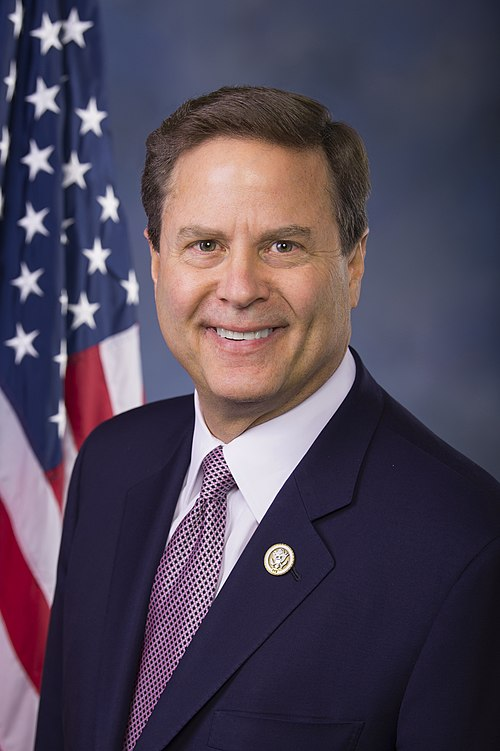
Co-Sponsor
-
TrackEleanor Holmes Norton

Co-Sponsor
-
TrackAlexandria Ocasio-Cortez

Co-Sponsor
-
TrackJimmy Panetta
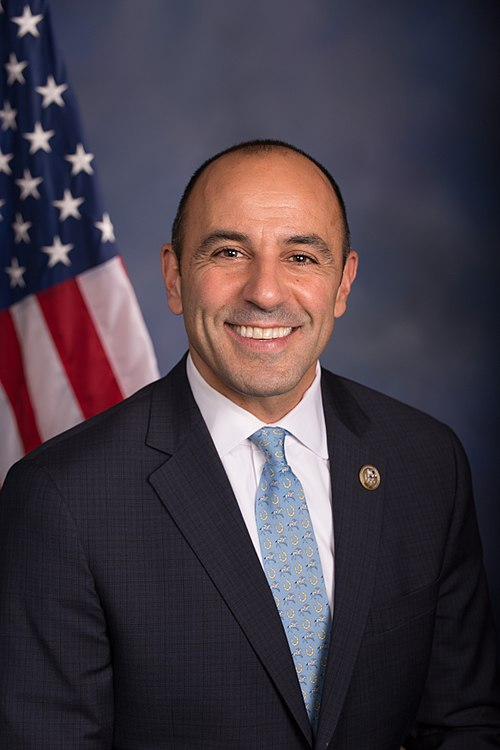
Co-Sponsor
-
TrackBrittany Pettersen

Co-Sponsor
-
TrackChellie Pingree

Co-Sponsor
-
TrackDelia C. Ramirez

Co-Sponsor
-
TrackEmily Randall

Co-Sponsor
-
TrackJamie Raskin
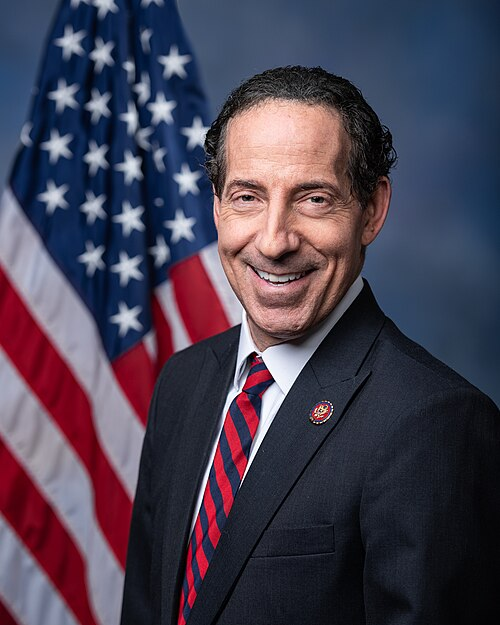
Co-Sponsor
-
TrackLuz Rivas
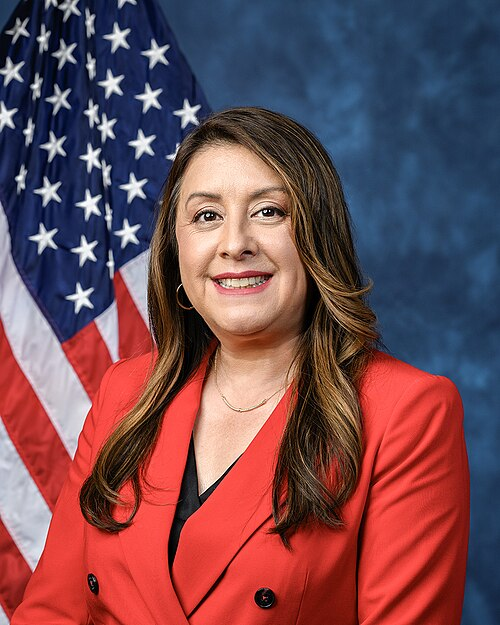
Co-Sponsor
-
TrackRaul Ruiz
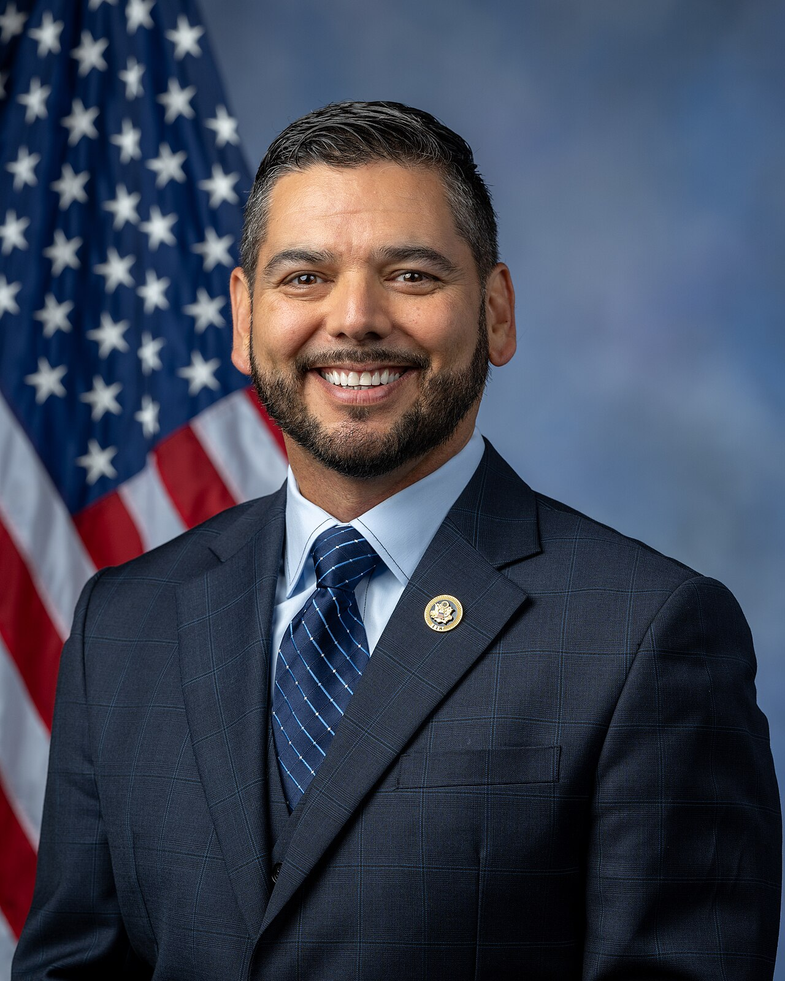
Co-Sponsor
-
TrackAndrea Salinas

Co-Sponsor
-
TrackBradley Scott Schneider
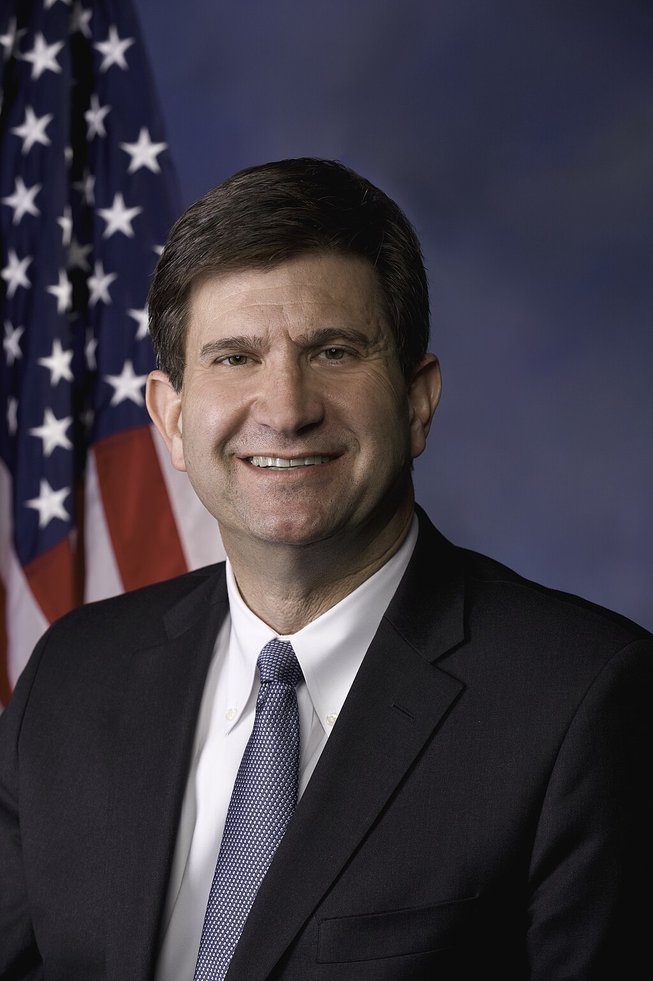
Co-Sponsor
-
TrackHillary J. Scholten

Co-Sponsor
-
TrackDarren Soto
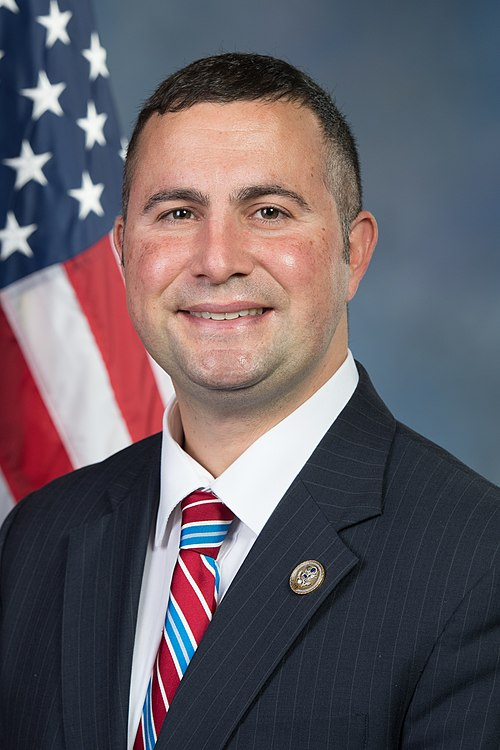
Co-Sponsor
-
TrackMelanie A. Stansbury

Co-Sponsor
-
TrackSuhas Subramanyam

Co-Sponsor
-
TrackDina Titus

Co-Sponsor
-
TrackRashida Tlaib
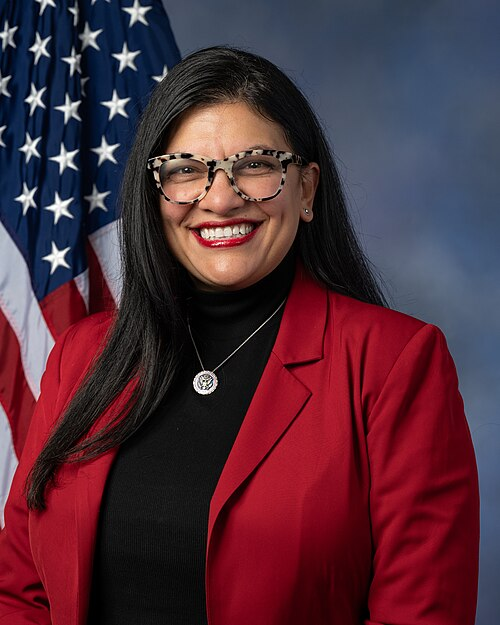
Co-Sponsor
-
TrackJill N. Tokuda

Co-Sponsor
-
TrackPaul Tonko
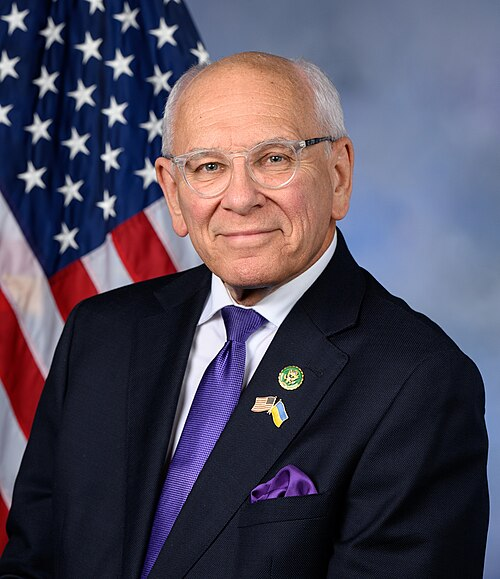
Co-Sponsor
-
TrackNorma J. Torres

Co-Sponsor
-
TrackLori Trahan
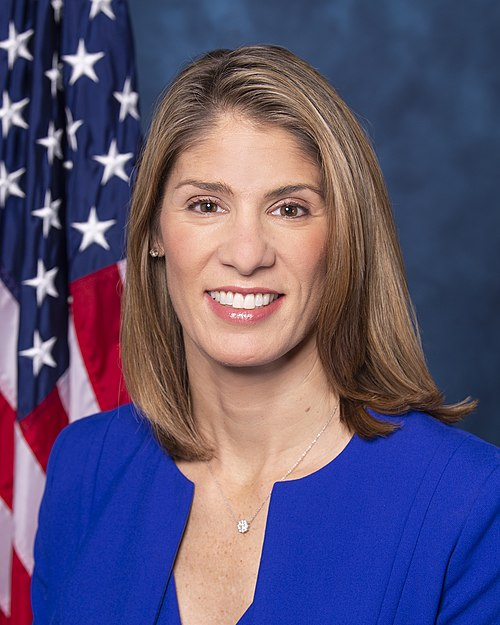
Co-Sponsor
-
TrackEugene Vindman

Co-Sponsor
-
TrackJames R. Walkinshaw

Co-Sponsor
-
TrackGeorge Whitesides

Co-Sponsor
Actions
2 actions
| Date | Action |
|---|---|
| Sep. 26, 2025 | Introduced in House |
| Sep. 26, 2025 | Referred to the House Committee on Oversight and Government Reform. |
Corporate Lobbying
0 companies lobbying
None found.
* Note that there can be significant delays in lobbying disclosures, and our data may be incomplete.
Potentially Relevant Congressional Stock Trades
No relevant congressional stock trades found.